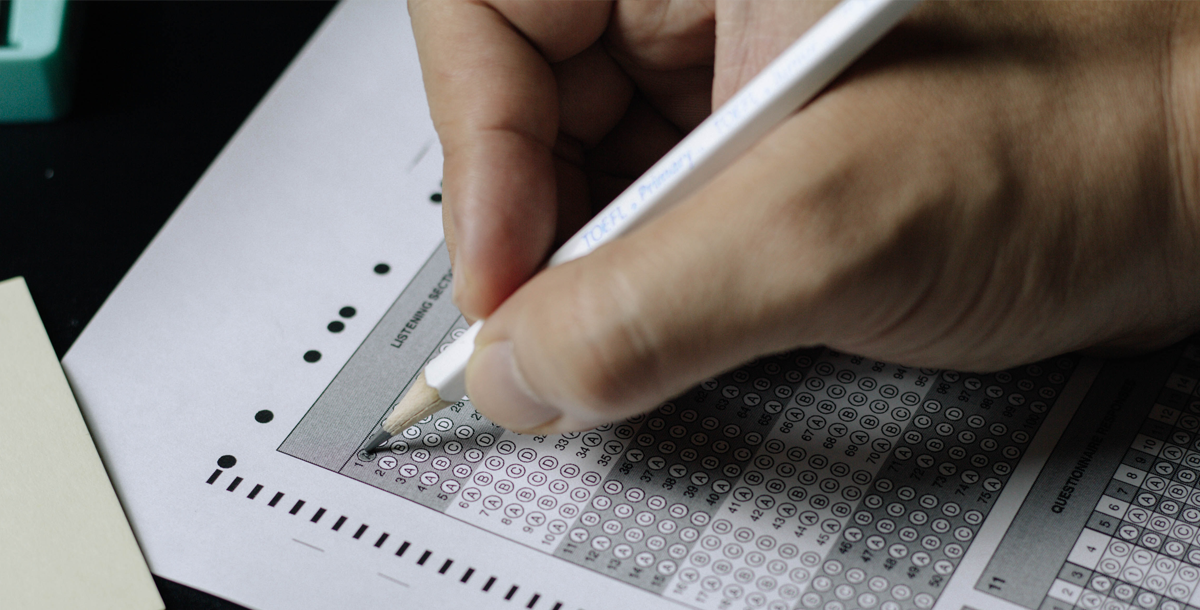
To say that the world has changed since 2020 is an understatement. Companies are working diligently to adapt and capture that elusive next great idea; consumers are growing frustrated with supply shortages; the students are struggling to keep their heads above water both academically and financially.
Avoiding the misconduct
Studies show that several key factors contribute to academic dishonesty or academic misconduct, ranging from unrealistic expectations from their parents and the Professor to a lack of interest in the material. Marry these two factors, and typically the student loses sight of what is most important to them, gaining the all-important information that will ready them for their next chapter in their career – the first job. Disengagement means that the student becomes hyper-focused on grades and not on the material, which is a recipe for even greater stress.
As a Professor, I am constantly trying to evolve to mirror the needs of the corporate community, the college, but most importantly, the student. It would be easy for me to say that we have to treat the students right because they are our customers, but it wouldn’t be accurate. We lose sight that because the student pays their tuition for their education, they are not customers as the education is not guaranteed nor guarantees future success. Since I teach Digital Marketing, Social Media, and e-Commerce, I am blessed to have that evolving canvas from which I can teach. But I stress that it is not always the subject matter that is important, but how we teach that can have the most impact.
Drawing from data to grow
For instance, I have used end-of-semester surveys to ascertain if the student had a better grasp of the material after completing my course and how successful I was at creating enthusiasm the subject matter. Armed with this data and a deeper understanding of the stresses my students may be facing, I have revamped this material recently to include the micro-credentials in my classroom (see my other article on micro-credentials) and offered the choice of the exam type. Let’s face it; not everyone performs well in multiple-choice exams. When I am taking tests, I frequently talk myself out of the correct answer and then it is less about what I know and more about how convincing I can be. So, I am trying something different in my class this semester – flexibility. If the student feels that they perform better with an essay question, they will have that opportunity. If it is multiple-choice questions, the option is available to the student. I am also introducing the oral exam to interview the student about the course content in an applied format, drawing from a case study. By taking the stress of how the test is delivered and re-emphasizing the course’s content, the student benefits as they will walk out with a greater understanding of the material.
In my humble opinion
Yes, the workload will be more significant when it comes time to grade the assessments, but if a student is comfortable in the delivery method, I hypothesize that the student will not feel the temptation to “bend the rules”. I encourage integrity, honesty and fairness in the classroom by using open format exams, talking about honesty and integrity and listening to the student’s needs. It is my hope that the student will become hyper-engaged in the material, and their careers will be better for it.
To download a copy of this article, click here.

